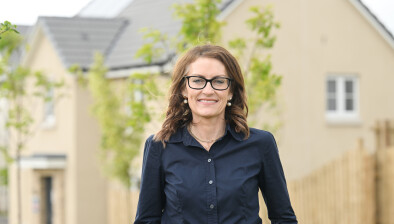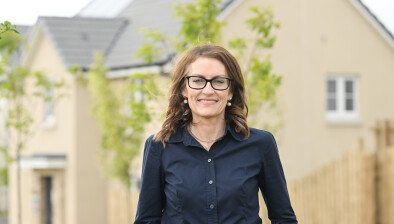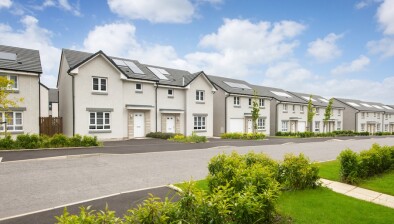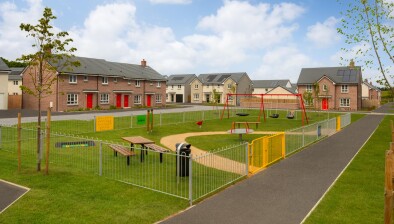Barratt: More than half of Scots sit in cold and dark for fear of rising household bills
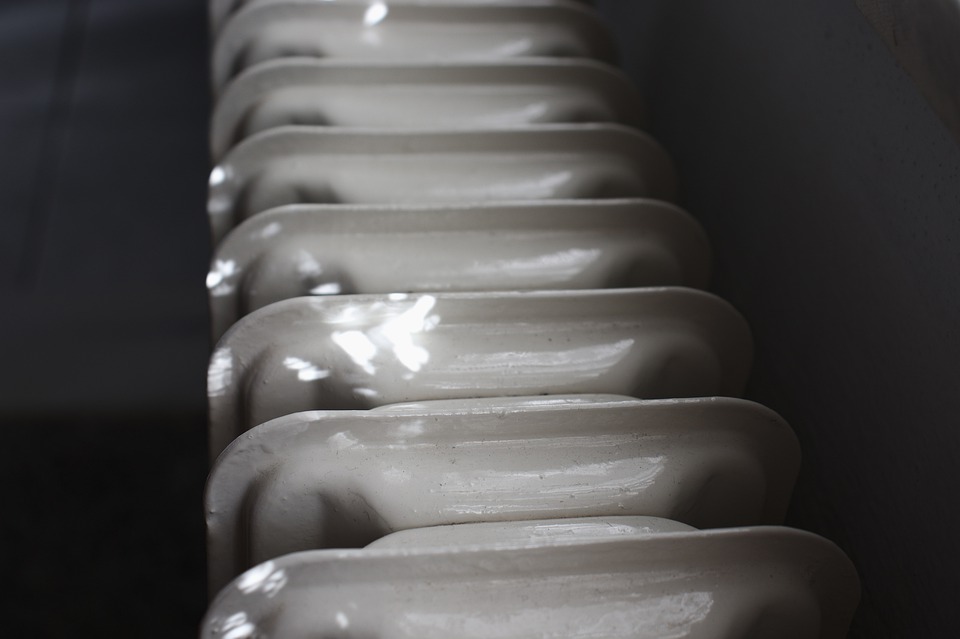
More than half of Scots are spending their time at home in the cold and dark for fear of rising household bills, according to new research which lays bare the impact of the cost-of-living crisis.
The Tackling the Cost of Living Crisis - 2023 Report by Barratt Developments Scotland found a whopping 51% of people in Scotland are having to keep lights switched off and suffer plummeting temperatures at home in a bid to save cash.
Rising costs and increasing mortgage rates are worrying all age categories across the nation. The energy crisis is a concern for many, with 55 per cent concerned about its impact on household bills.
Almost two thirds (64%) of Generation Z who work from home are doing so in the cold, with the lights off – while those aged 65+ are the most concerned about the energy crisis, highlighting the cross-generational impact the crisis is causing.
These worries are changing home buying behaviours, as more than half (55 per cent) of Scots researched revealed they are now more likely to consider buying a new build property to help save money on energy bills.
A report by the Home Buyers’ Federation (HBF) showed that consumers living in new build houses could save on average £3,100 a year on their energy bills, compared to a similar Victorian home. Around 84% of new builds have an energy efficiency rating of A or B, compared to just 4% of existing housing in the UK.
Rising costs have resulted in many buyers having to rethink their priorities - making sacrifices on things like extra space or a preferred post code.
The top thing people in Scotland are likely to compromise on is office space (42%), highlighting a wider reversal in lockdown buying trends as more people head back to the office. Meanwhile, 36 per cent would be willing to stray away from their preferred location if it meant finding an affordable home.
Whereas consumers craved additional indoor and outdoor space during Covid, extra space is now seen as a luxury, with 35% of people saying that they would be willing to cut down on their preferred number of bedrooms to get on to the property ladder. Over a third said they would sacrifice having a garden.
Steve Mariner, group sales & marketing director at Barratt Developments, said: “The cost-of-living crisis is continuing to affect people across the country. It’s worrying to hear of people living in the cold and dark to save money on bills.
“The survey confirms that the need for affordable, energy-efficient housing is at a high, with more people likely to consider buying a new build property to help save money on bills.”
The survey of Scots forms part of a wider report from the homebuilder which looked at how life at home was changing in the face of the crisis. Additional research on 2,000 Brits found that there has been a spike in consumers going back to the things that their grandparents did to save money on utility bills. This includes bringing back thermals and draught excluders.
Some 58% of respondents said they are wearing thermal tops and bottoms to avoid putting on the heating. A quarter have gone back to using electric blankets in bed.
Others are turning-off radiators in under-used rooms (57%), buying draught excluders (40%) for the bottom of doors and also, putting up heavy curtains over doors and windows (41%).
The University of Salford - which operates Energy House, the world’s largest climate-controlled chamber, and researches both innovative energy efficiency technology and age-old methods of draught exclusion – found that by hanging lined curtains in front of a door reduced the amount of heat lost by 16%. Drawing the curtains and blinds on a typical end terrace house could save approximately 2% on heating bills.
To help ease the financial burden of purchasing a new home, Barratt Developments recently announced a mortgage contribution scheme, offering homebuyers up to £30,000 towards mortgage repayments.
Thanks to advanced systems and technologies, Barratt homes are up to 63% more energy-efficient, which could save homeowners up to £3,100 per year on bills, based on HBF “Watt a Save” report published Feb 2023.














